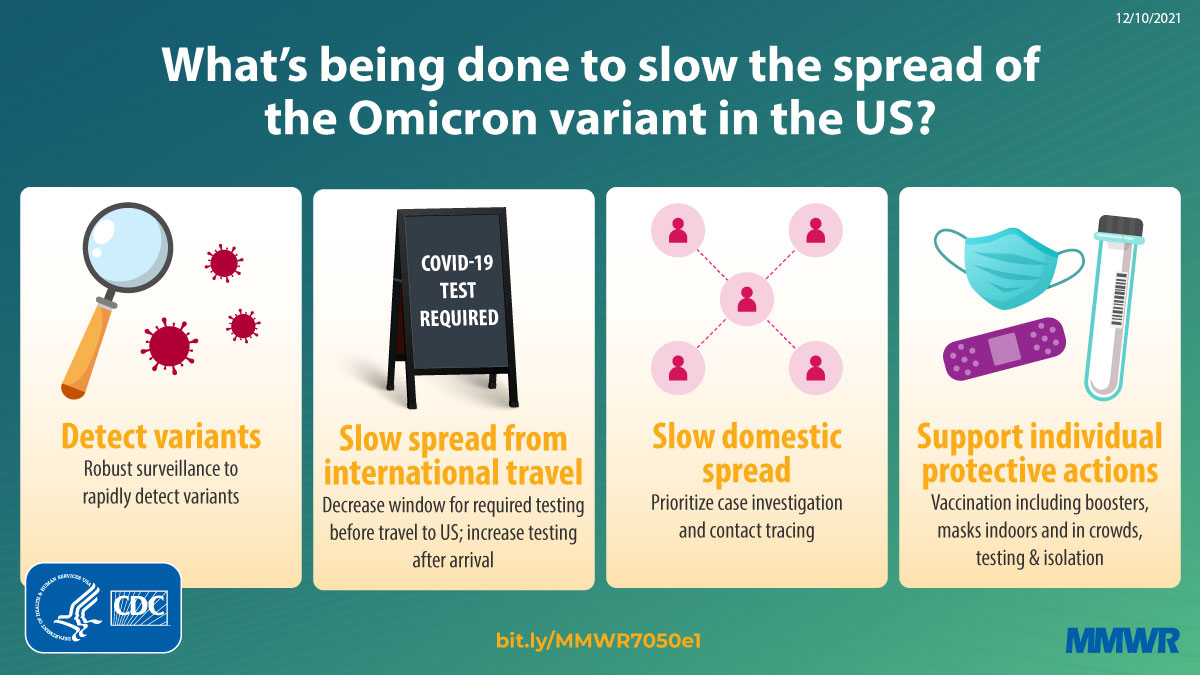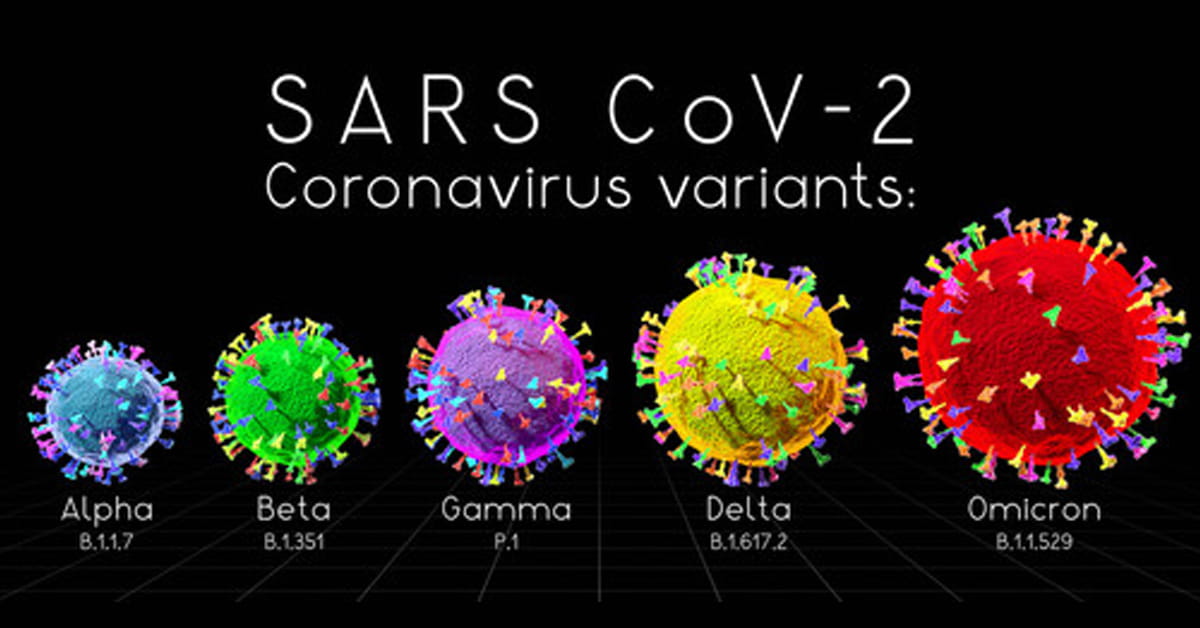Common Symptoms of COVID Variants: Covid Variants Symptoms

Covid variants symptoms – COVID-19, caused by the SARS-CoV-2 virus, has evolved into multiple variants since its initial emergence. These variants may exhibit distinct symptoms, and their severity can vary depending on factors such as vaccination status and individual health conditions.
The relentless march of COVID-19 continues to mutate, throwing up new variants with a spectrum of symptoms. Amidst this health crisis, the political landscape has also been evolving, with leaders taking varied stances. In Florida, Governor DeSantis has made headlines for his recent desantis vetoes , sparking debates about public health measures.
As the virus rages on, it is imperative that we stay informed about its ever-changing nature and the decisions being made to safeguard our well-being.
The most common symptoms associated with the prevalent COVID variants include:
- Fever or chills
- Cough
- Shortness of breath or difficulty breathing
- Fatigue
- Muscle or body aches
- Headache
- New loss of taste or smell
- Sore throat
- Congestion or runny nose
- Nausea or vomiting
- Diarrhea
Symptom Comparison of Different Variants
The table below compares the symptoms of different COVID variants:
| Variant | Common Symptoms | Less Common Symptoms | Rare Symptoms |
|---|---|---|---|
| Original Strain | Fever, cough, shortness of breath, fatigue | Muscle aches, headache, sore throat, congestion | Nausea, vomiting, diarrhea |
| Alpha Variant | Fever, cough, shortness of breath, fatigue | Muscle aches, headache, sore throat, congestion | Nausea, vomiting, diarrhea, loss of taste or smell |
| Beta Variant | Fever, cough, shortness of breath, fatigue | Muscle aches, headache, sore throat, congestion | Nausea, vomiting, diarrhea, loss of taste or smell, skin rashes |
| Gamma Variant | Fever, cough, shortness of breath, fatigue | Muscle aches, headache, sore throat, congestion | Nausea, vomiting, diarrhea, loss of taste or smell, neurological symptoms |
| Delta Variant | Fever, cough, shortness of breath, fatigue | Muscle aches, headache, sore throat, congestion | Nausea, vomiting, diarrhea, loss of taste or smell, skin rashes, neurological symptoms |
| Omicron Variant | Runny nose, sore throat, headache, fatigue | Muscle aches, cough, shortness of breath | Nausea, vomiting, diarrhea, loss of taste or smell, skin rashes, neurological symptoms |
Impact of Vaccination Status on Symptoms
Vaccination against COVID-19 can significantly reduce the severity of symptoms and the risk of developing serious complications. Vaccinated individuals who contract the virus may experience milder symptoms, such as a runny nose, sore throat, or headache. In some cases, they may not experience any symptoms at all.
Amidst the evolving landscape of COVID variants, symptoms can vary widely. From fatigue to loss of taste, the virus manifests itself in myriad ways. However, even as the virus continues to mutate, one constant remains: the resilience of those who fight it.
Like Shaquille Leonard , a young man who faced COVID-19 with unwavering determination, the human spirit shines through in the face of adversity. As we navigate the challenges posed by these variants, let us draw inspiration from those who embody courage and perseverance, reminding us that even in the midst of uncertainty, hope prevails.
Impact of Variants on Disease Severity

The emergence of COVID-19 variants has raised concerns about their potential impact on disease severity. While some variants may cause milder symptoms, others have been associated with increased hospitalizations and mortality.
Research has shown that certain variants, such as the Delta variant, are more transmissible and can lead to more severe illness. The Delta variant has been found to be associated with a higher risk of hospitalization and death compared to the original strain of the virus.
Hospitalization Rates and Mortality
- A study published in the journal JAMA Internal Medicine found that the Delta variant was associated with a 50% increased risk of hospitalization compared to the original strain.
- Another study published in The Lancet found that the Delta variant was associated with a 60% increased risk of death compared to the original strain.
Potential Reasons for Variations in Severity
The reasons for variations in severity among COVID-19 variants are not fully understood. However, several factors may contribute to these differences, including:
- Viral load: Some variants may produce higher levels of virus in the body, leading to more severe symptoms.
- Immune evasion: Some variants may be better able to evade the immune system, allowing them to cause more severe disease.
- Host factors: Individual factors, such as age, underlying health conditions, and immune status, can also influence the severity of COVID-19.
Understanding the impact of COVID-19 variants on disease severity is crucial for developing effective public health strategies. By monitoring the emergence and spread of variants, and by understanding their potential impact on health outcomes, we can better prepare for and respond to future waves of the pandemic.
Emerging Variants and Their Significance
As the COVID-19 pandemic continues to evolve, new variants of the virus have emerged, raising concerns about their impact on public health and vaccination strategies. Understanding the characteristics and implications of these variants is crucial for effective pandemic management.
The most recently emerged variants include the Omicron variant, first identified in South Africa in November 2021, and its sub-variants BA.2, BA.4, and BA.5. These variants have shown increased transmissibility and immune evasion capabilities, leading to a surge in cases worldwide.
Timeline of Variant Emergence
- December 2020: Alpha variant (B.1.1.7) emerges in the United Kingdom.
- January 2021: Beta variant (B.1.351) emerges in South Africa.
- April 2021: Gamma variant (P.1) emerges in Brazil.
- June 2021: Delta variant (B.1.617.2) emerges in India.
- November 2021: Omicron variant (B.1.1.529) emerges in South Africa.
Implications for Public Health and Vaccination, Covid variants symptoms
The emergence of new variants has significant implications for public health and vaccination strategies. Variants with increased transmissibility can lead to a rapid spread of the virus, potentially overwhelming healthcare systems. Immune evasion capabilities can reduce the effectiveness of vaccines, necessitating the development of updated vaccines.
Monitoring the emergence and spread of new variants is crucial for implementing appropriate public health measures, such as travel restrictions, social distancing, and mask mandates. Regular vaccination updates are also essential to ensure the population remains protected against the evolving virus.